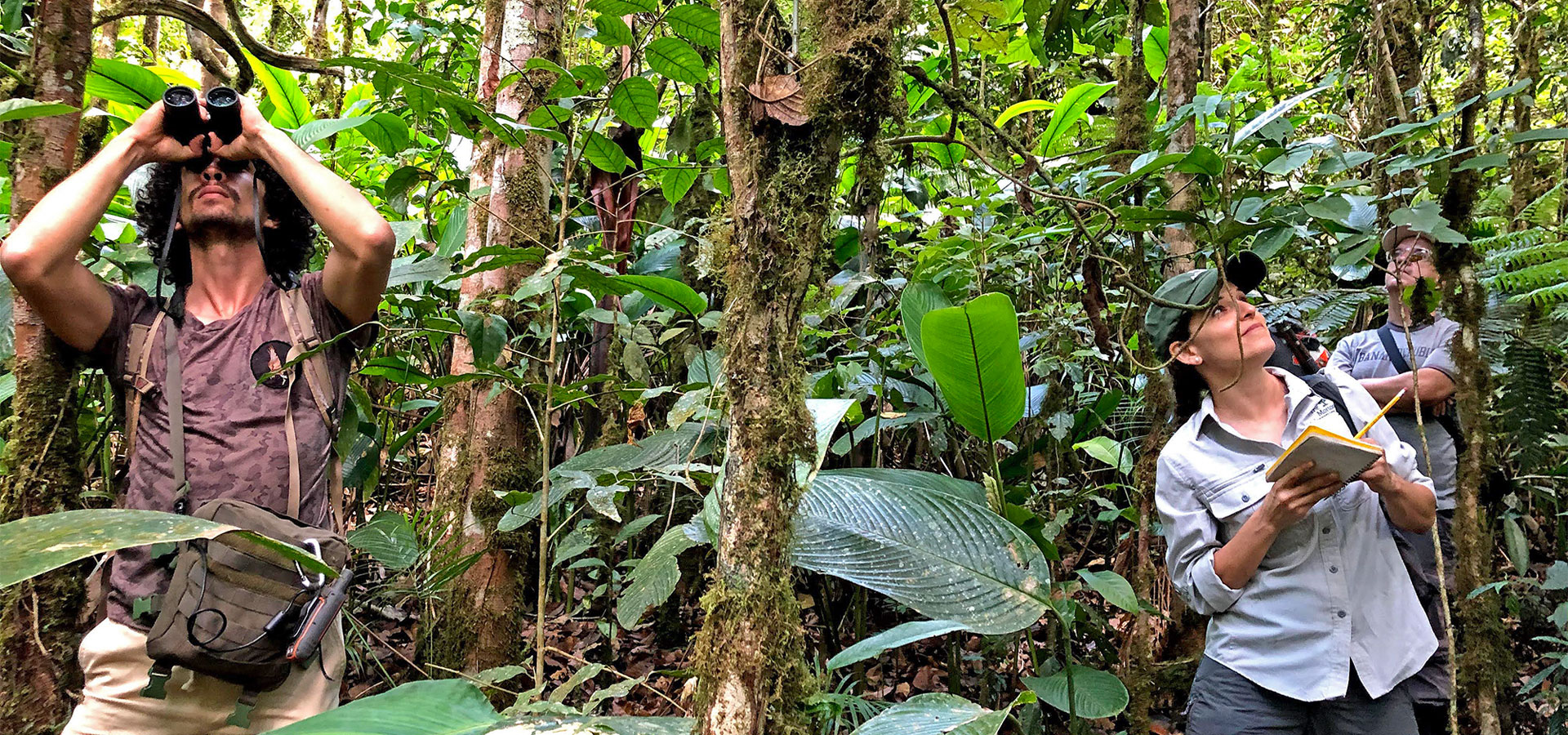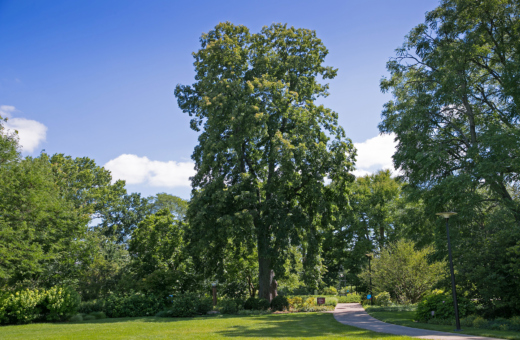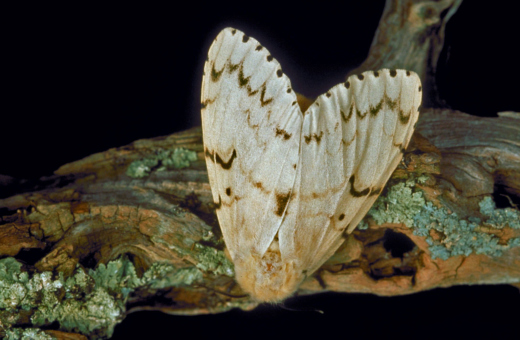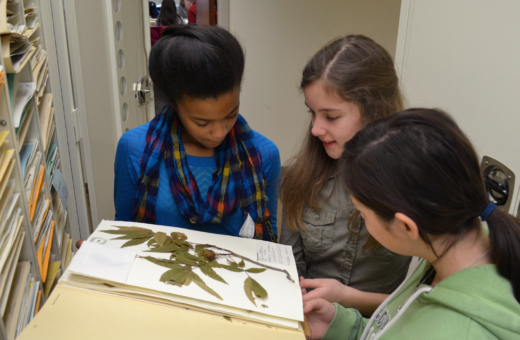May 4, 2023
The tropical, mountainous forests of Central America are home to an incredible wealth of biodiversity. Countless species of plants and animals are endemic to this ecosystem—meaning they are found nowhere else in the world. Unfortunately, this exceptionally biodiverse habitat is also one of the most threatened on Earth due to deforestation and agricultural expansion.
Each member of this unique ecosystem plays an important role in the delicate balance of life. When a species is lost, there are cascading consequences. Conservation of this region’s keystone species—those vital to an ecosystem’s overall health—is a central focus of the Arboretum’s new Center for Species Survival: Trees, a hub for global tree conservation established through a partnership with the Species Survival Commission (SSC) of the International Union for Conservation of Nature (IUCN).
The Arboretum’s goal in establishing the center is to prevent or reverse the biodiversity crisis by safeguarding threatened tree species and ecosystems through science-based, coordinated actions that incorporate local knowledge and support sustainable livelihoods.
Partnering to protect a keystone species
Partnerships with local organizations are a critical part of the Arboretum’s work in the region. These partnerships work to protect trees and implement conservation strategies in biological corridors that connect protected wild areas and human-modified landscapes.
Since 2017, the Arboretum has been working with partners in Costa Rica and the surrounding region to save Quercus insignis, a tropical white oak, and to use it as a flagship for the conservation of threatened montane cloud forest (MCF) habitat. Flagship species are typically animals or plants that have symbolic value or wide appeal to the general public, which conservationists use as representatives of an ecosystem.
With distinctive saw-toothed leaves and massive acorns that can reach the size of an adult hand, this tree makes a great flagship species for the montane cloud forest. While Quercus insignis is found from southern Mexico to Panama, it is very selective in its habitat. It requires a high level of tropical moisture found only in the mid-elevation mountains—leading to a fragmented habitat and declining populations. Human activity has amplified any natural decline in the species, and Quercus insignis is facing extinction from multiple threats, including land-use change, logging, fire, and pests.
Finca Cántaros Environmental Association, an environmental nonprofit organization that sits in the tropical highland habitat of Quercus insignis, has been a crucial partner. They have planted more than 500 seedlings with the Arboretum, and will continue to monitor and maintain the conservation of the species for the future. Finca Cántaros has also become an ArbNet certified arboretum.
The organization is working with women from the community to create a women-led nursery. At this nursery, women will not only learn how to propagate and grow native trees, but will also receive training on the importance of conservation for healthy livelihood. The goal is for the nursery to become a place of capacity-building and empowerment for women in a community with high teenage pregnancy rates and low economic opportunities for women.
The new species survival center will enable the Arboretum to continue working with partners such as Finca Cántaros and to explore new collaborations in the region that benefit biodiversity.
An opportunity for Chicago area students and teachers
The new Center for Species Survival will also train the next generation of tree champions in Chicago and in Central America. The Arboretum is offering a Forest Ecology in a Changing World class to Chicago undergraduate students to train, recruit, and inspire future conservation leaders. It will include a true exchange program, in which students and teachers from the Chicago region will visit Costa Rica at the end of the class, and their counterparts in Central America will come to Chicago. Recruitment for the class will begin later in 2023.



